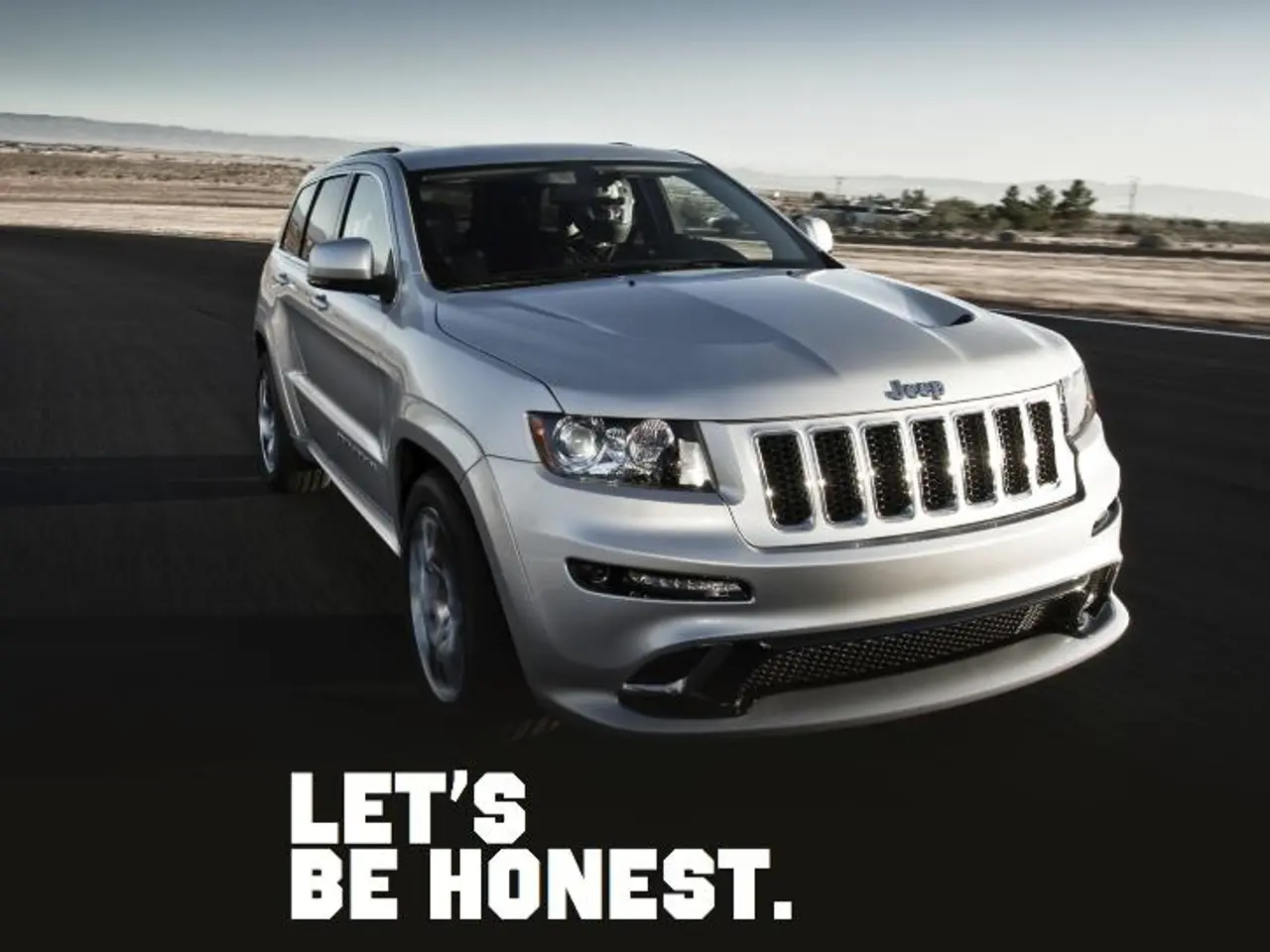Record-breaking MPG of 93.158 for Toyota Prius in U.S. Guinness World Record
The latest generation of Toyota's iconic Prius, released in 2023, has made headlines once again with its impressive fuel efficiency. Powered by the fifth generation Toyota Hybrid System and a 2.0L engine, the Prius FWD model produces 194 horsepower, but it's the vehicle's combined EPA-estimated MPG of 57 that has truly caught everyone's attention.
However, the record-breaking achievement was not set under typical driving conditions. In an extraordinary feat, Wayne Gerdes, a renowned hypermiler, managed to achieve a staggering fuel economy average of 93.158 MPG combined during a cross-country trip from the west coast to the east coast, smashing the previous record which was in the mid-70s MPG combined.
Gerdes, who has been awarded the GUINNESS WORLD RECORDS title for the lowest fuel consumption driving across the U.S., used the Prius LE for his record-breaking journey. The Prius, introduced to the world over two decades ago as the first production hybrid car, was the perfect vehicle for such a challenge.
Gerdes' success was not merely a stroke of luck. He emphasizes the importance of planning and adaptability for record-breaking fuel efficiency drives. His techniques, which fall under the broader practice of hypermiling, include smooth acceleration and braking, maintaining steady speed, anticipating traffic flow, minimizing idling, driving at moderate speeds, using high gears, reducing aerodynamic drag, keeping tires properly inflated, lightening the vehicle load, and planning efficient routes.
Despite challenging conditions such as mountain elevations as high as 7,000 feet, temperatures exceeding 105 degrees in the Mojave Desert, and strong winds coming from the Gulf of Mexico, Gerdes managed to optimize the Prius' performance. His journey of 3,211.7 miles across the country took him through a wide variety of terrain and unpredictable weather.
The new-generation Prius' world record for the highest MPG is just one more proof point that the Prius truly is an engineering marvel. The vehicle has also received several other notable awards, including Car and Driver's 10Best, MotorTrend Car of the Year, North American Car of the Year, and World Car Design of the Year.
Michael Tripp, Toyota Vehicle Marketing group vice president, stated that the Prius' world record for the highest MPG is a testament to the vehicle's engineering excellence. "The Prius has been a game-changer in the automotive industry, and this record-breaking achievement further cements its status as a pioneer in fuel-efficient vehicles," he said.
For everyday drivers, Gerdes offers tips to improve fuel economy, including slower take-offs, maintaining even pressure on the accelerator, and easing off the accelerator early before stops. By adopting these strategies, drivers can contribute to a more sustainable future while also saving on fuel costs.
[1] Hypermiling: https://en.wikipedia.org/wiki/Hypermiling [2] CleanMPG: https://cleancar.org/
This article provides a clear, straightforward account of Wayne Gerdes' record-breaking fuel efficiency journey in the new-generation Toyota Prius. It highlights the vehicle's impressive fuel efficiency, the techniques used by Gerdes to achieve such high MPG, and the broader practice of hypermiling. The article is written in a journalistic style suitable for a general audience, using easy and approachable language. It also provides useful tips for everyday drivers to improve their fuel economy.
Read also:
- International powers, including France, Germany, and the UK, advocate for the reinstatement of sanctions against Iran.
- Republicans advocate Trump's domestic policy plans in Iowa, though some business owners remain skeptic
- Procedure for Granting the Contract Has Been Instigated by the Commission
- Auto Industry Updates: Geotab, C2A, Deloitte, NOVOSENSE, Soracom, and Panasonic Make Headlines in Connected Car Sector News







